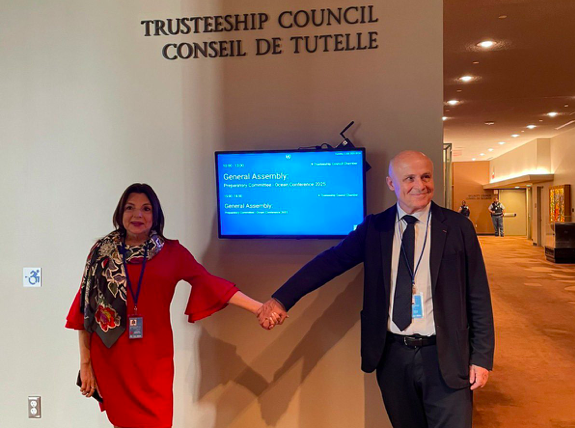Tunisia, one of the pioneering countries in Mediterranean aquaculture, is working to further develop this sector and ensure the sustainability of production systems. This is being achieved primarily through scientific research, infrastructure, and strengthening the capacities of producers and various stakeholders in the industry, stated Ezzedine Ben Cheikh, Minister of Agriculture, Water Resources, and Fisheries, during the opening of the 3rd Annual International Conference of the African Section of the World Aquaculture Society (Afraq24), which is being held from November 19 to 22 in Hammamet.
He added that the country also intends to encourage private investment and strengthen regional, international, and academic relations in order to accelerate the transition to more sustainable and innovative production systems that are respectful of ecosystems throughout the production phases.
During this conference, which brings together over 1,100 experts and representatives from African agencies and international organizations such as the World Bank and the FAO, the Minister emphasized that aquaculture is one of the most dynamic sectors globally and has seen significant growth in African countries in recent years. He pointed out that it represents a solution to overcome challenges related to food security and water resource scarcity on the continent.
Nadia Cherif, conference coordinator and professor at the National Institute of Marine Sciences and Technologies (INSTM), noted that this event is of great importance in strengthening partnerships and exchanging experiences and expertise in aquaculture.
She also mentioned that an exhibition showcasing the latest aquaculture techniques is being held alongside the conference, with over 70 international exhibitors.
According to Mohamed Salah Azaza, head of the INSTM’s Marine and Continental Aquaculture Laboratory, aquaculture production in Tunisia ranges between 21,000 and 22,000 tons, representing 13% of the country’s total fish production.
Most aquaculture products are intended for domestic consumption, with only 10% to 15% being exported to Arab countries, Europe, and Canada, he added.
He further explained that this sector currently includes around thirty companies in Tunisia but faces many challenges, like other agricultural sectors, including rising production costs.
Source: l’economiste maghrebin



